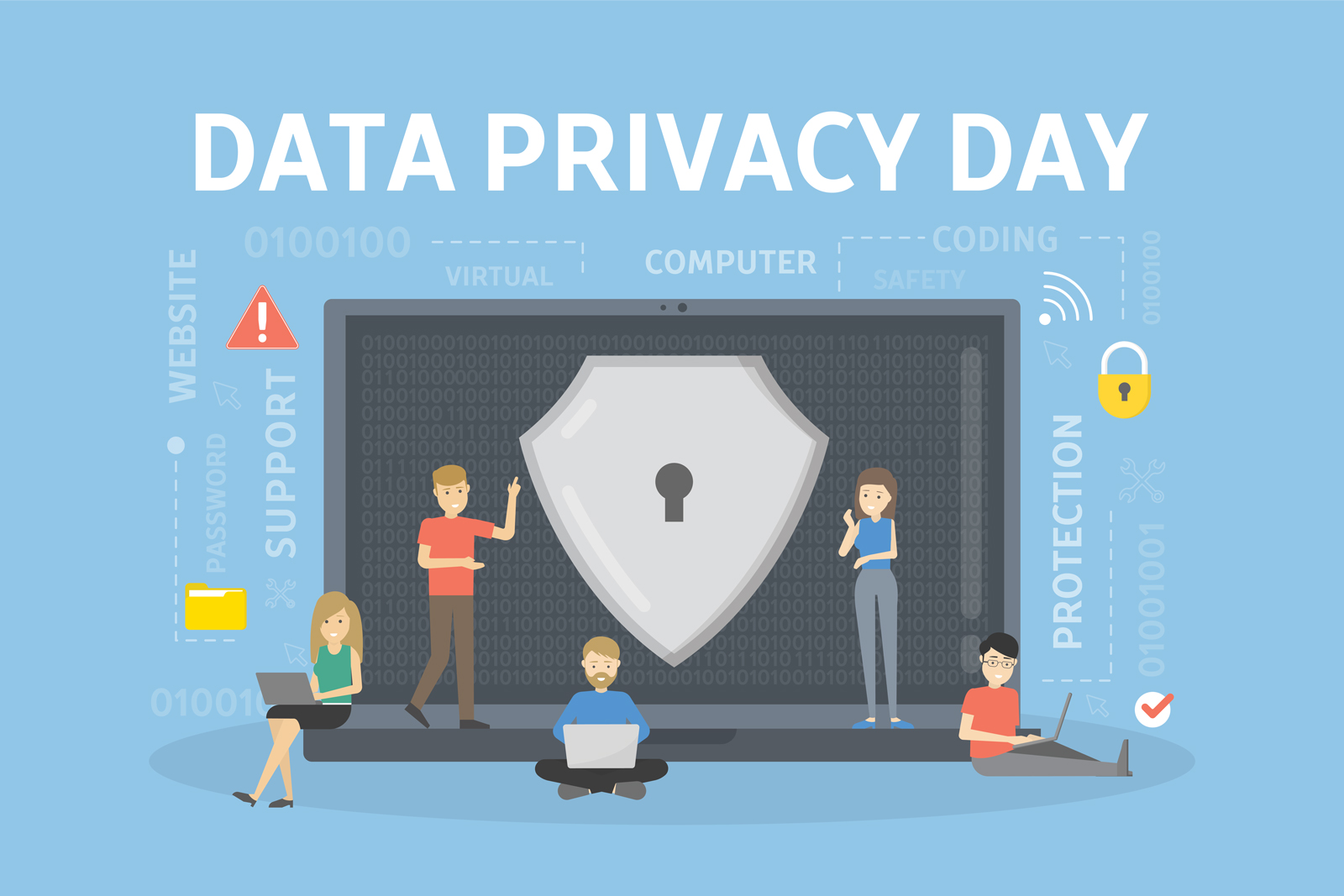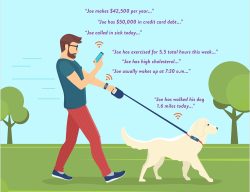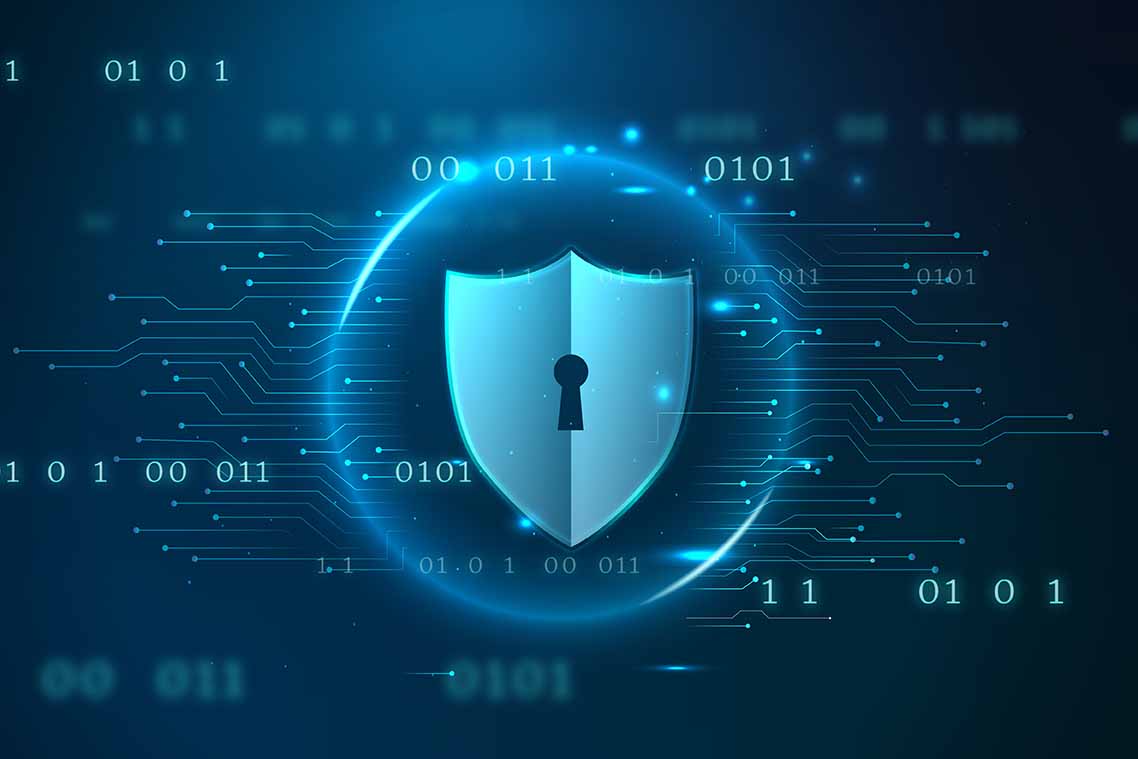Do you know what happens to your personal information when you sign up for a free app or account online and are asked to fill out fields of personal information?
Millions of people are unaware and uninformed about how their personal information is being used, collected or shared in our digital society. In 2014, Congress designated January 28th as Data Privacy Day, which aims to inspire dialogue and empower individuals and companies to take action.
Many apps and websites ask for access to personal information, such as your geographic location, contacts list and photo album, before you can even use their services. As individuals, you can protect your personal info by making informed decisions about whether or not to share your data with certain businesses, considering the amount of personal information they are asking for, and weighing it against the benefits you may receive in return.
Below are some tips to help you be thoughtful about what information you are giving about yourself, how to configure your security and privacy settings, and how to protect yourself and stay safe online.
DO YOUR HOMEWORK: Before purchasing any new internet-connected device, do your research. Check out user reviews on the product, look it up to see if there have been any security/privacy concerns, and understand what security features the device has, or doesn’t have.
OWN YOUR ONLINE PRESENCE: The moment you turn on a new “smart” device or sign up for a new online account, configure your privacy and security settings. Most devices and accounts default to the least secure settings–so take a moment to configure those settings to your comfort level. Disable any features you don’t need, such as location tracking. Make it a point to regularly check these settings to adjust them. Click for more info on how to manage your privacy settings.
KEEP A CLEAN MACHINE: Keep all software on internet connected devices current to reduce risk of infection from ransomware and malware. Configure your devices to automatically update or to notify you when an update is available.
MAKE LONG, UNIQUE PASSPHRASES: Length trumps complexity. A strong password/passphrase is a sentence that is at least 12 characters long. Focus on positive sentences or phrases that you like to think about and are easy to remember.
PASSPHRASES AREN’T ENOUGH: When possible, use 2-factor authentication or multi-factor authentication (like biometrics, security keys or a unique, one-time code through an app on your mobile device) whenever offered.
LESS IS MORE: When completing a profile for an account, you don’t have to fill in everything (and if you do, who is to say you have to answer honestly?). Limit what information you put online. If it isn’t required, don’t add it. And if a company does require information you don’t feel comfortable submitting, then reconsider creating a profile with that company.








